Assessment and Grading in Distance Learning – How to Get Better
The CoolCatTeacher
JUNE 9, 2020
Thomas Guskey shares insight on assessments From the Cool Cat Teacher Blog by Vicki Davis Follow @coolcatteacher on Twitter Assessment expert Dr. Thomas Guskey reflects on the positives and negatives of assessments during distance learning. Guskey, T. Get Set, Go! Creating Successful Grading and Reporting Systems.

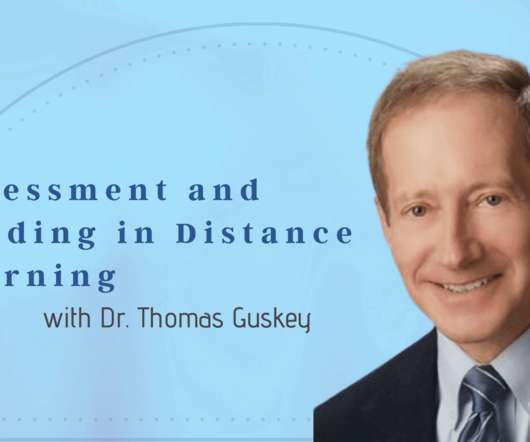
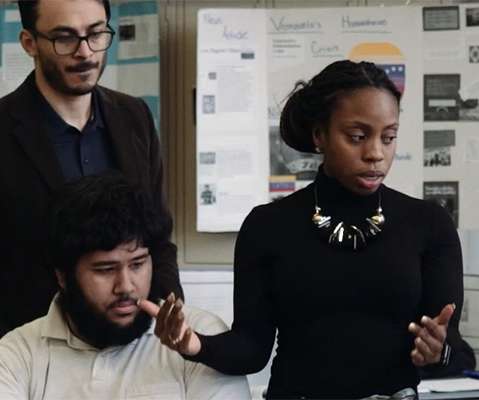


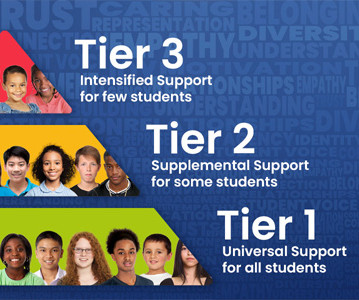







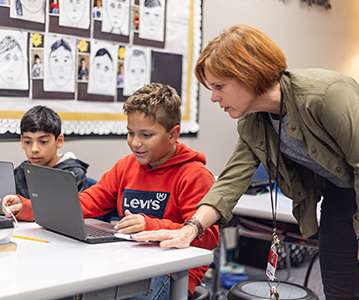
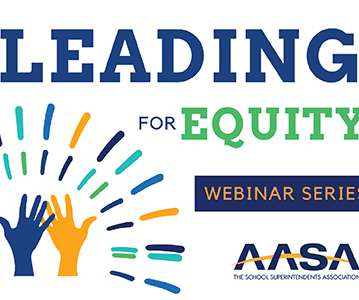



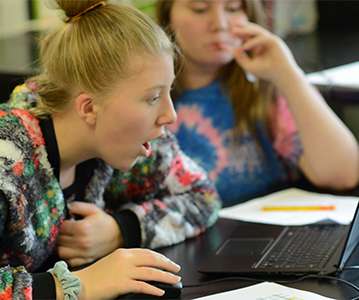
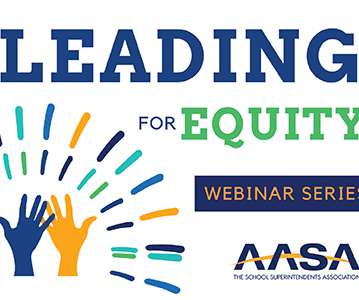










Let's personalize your content